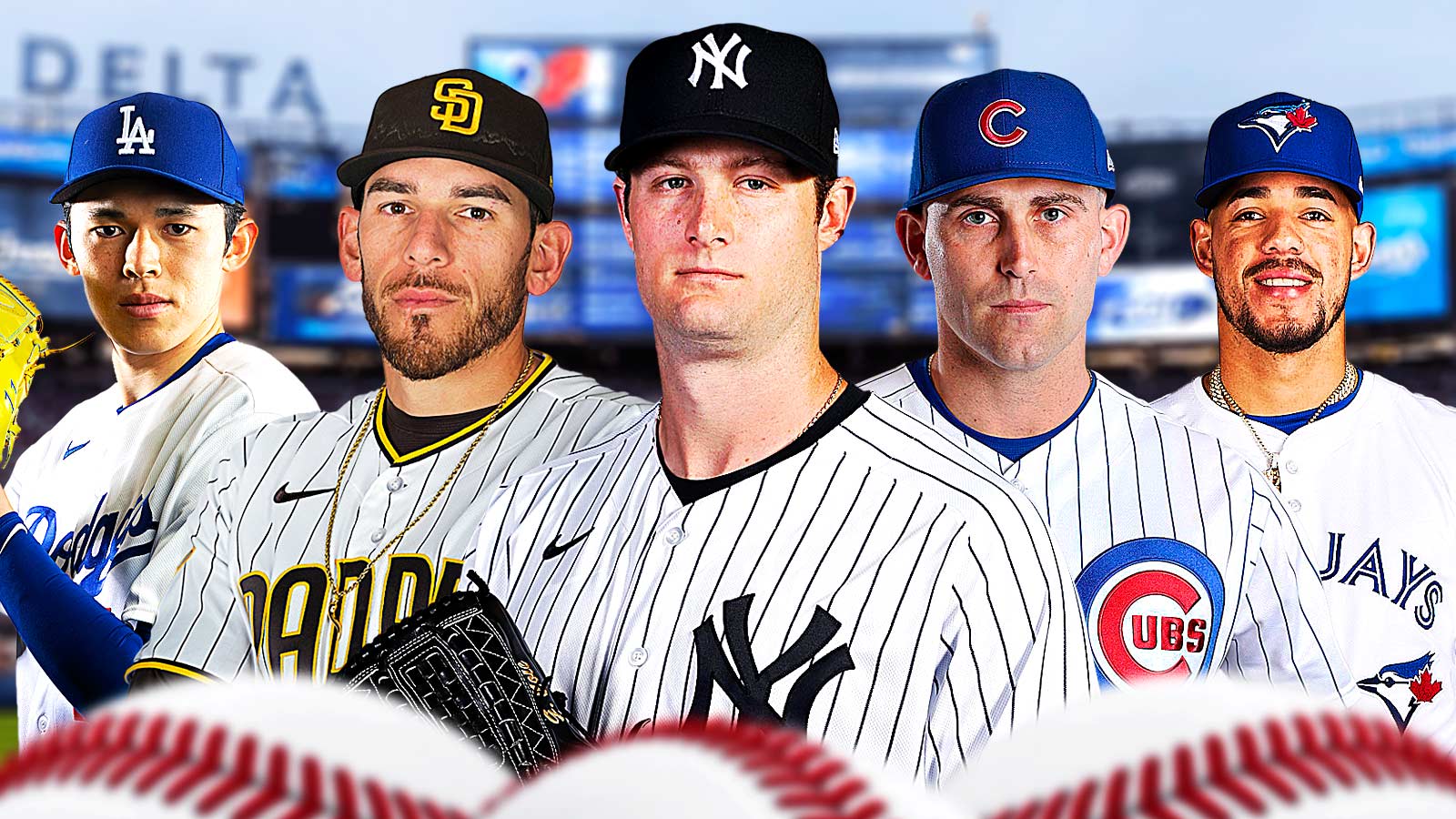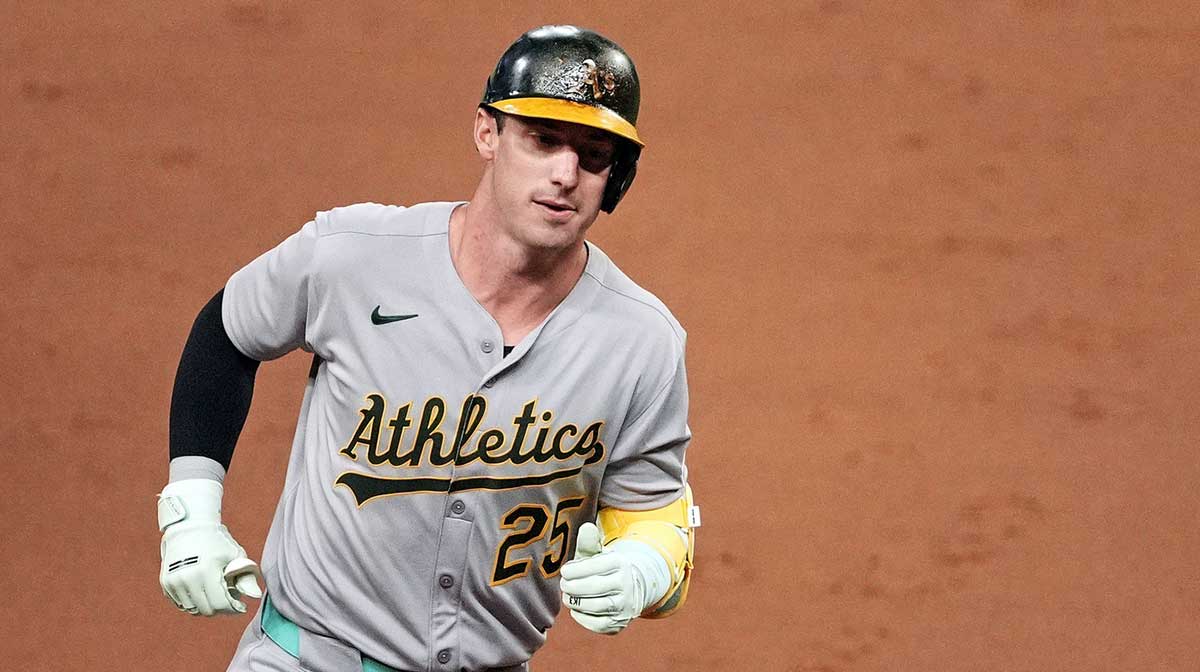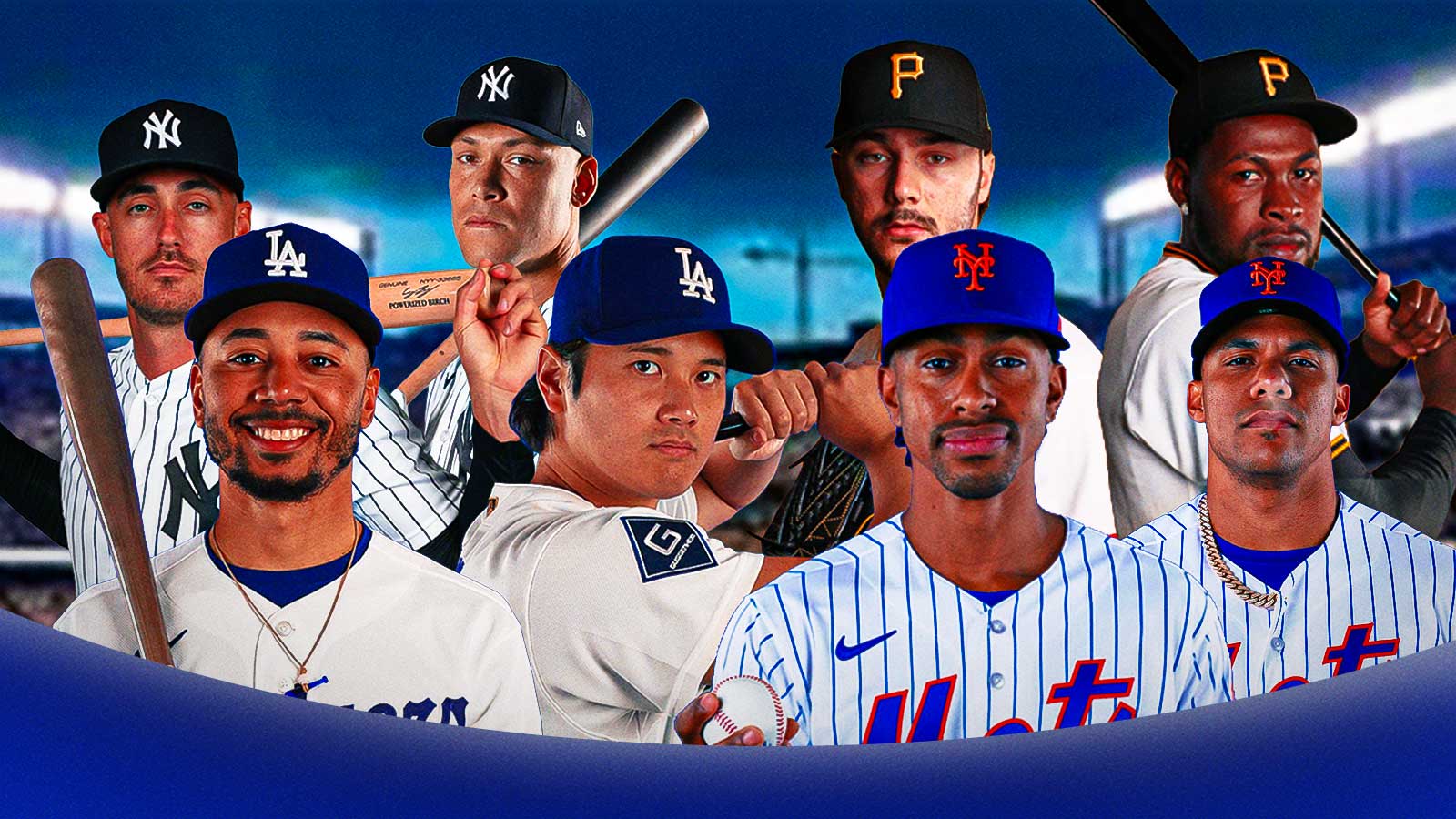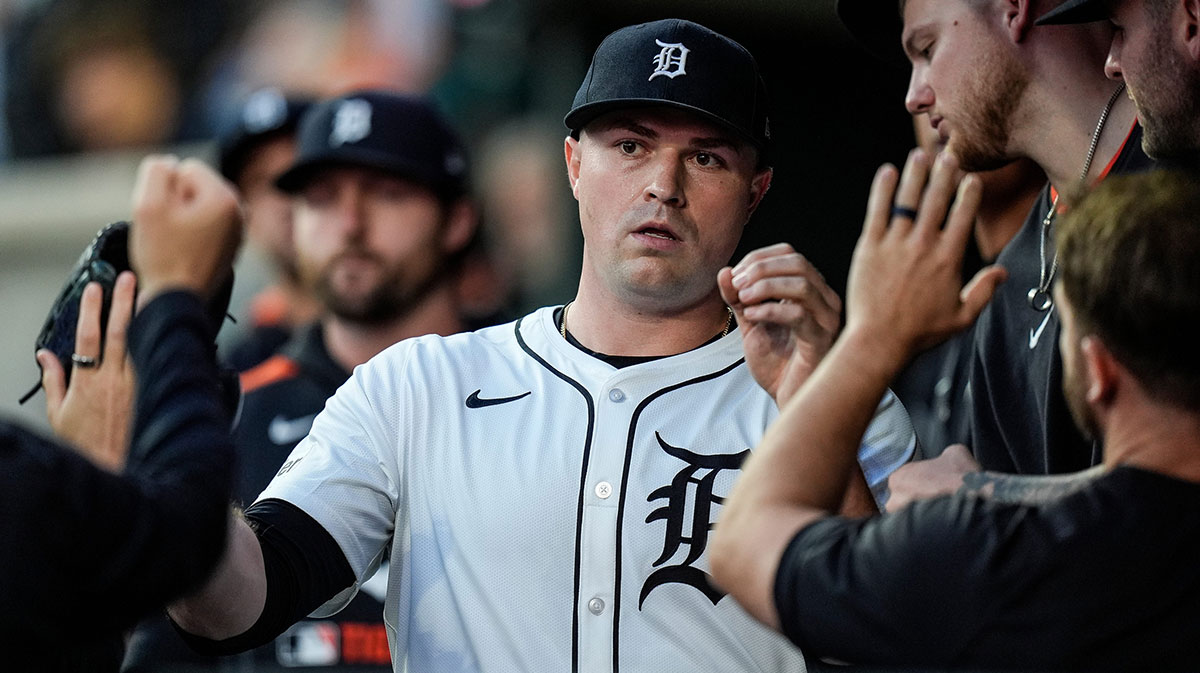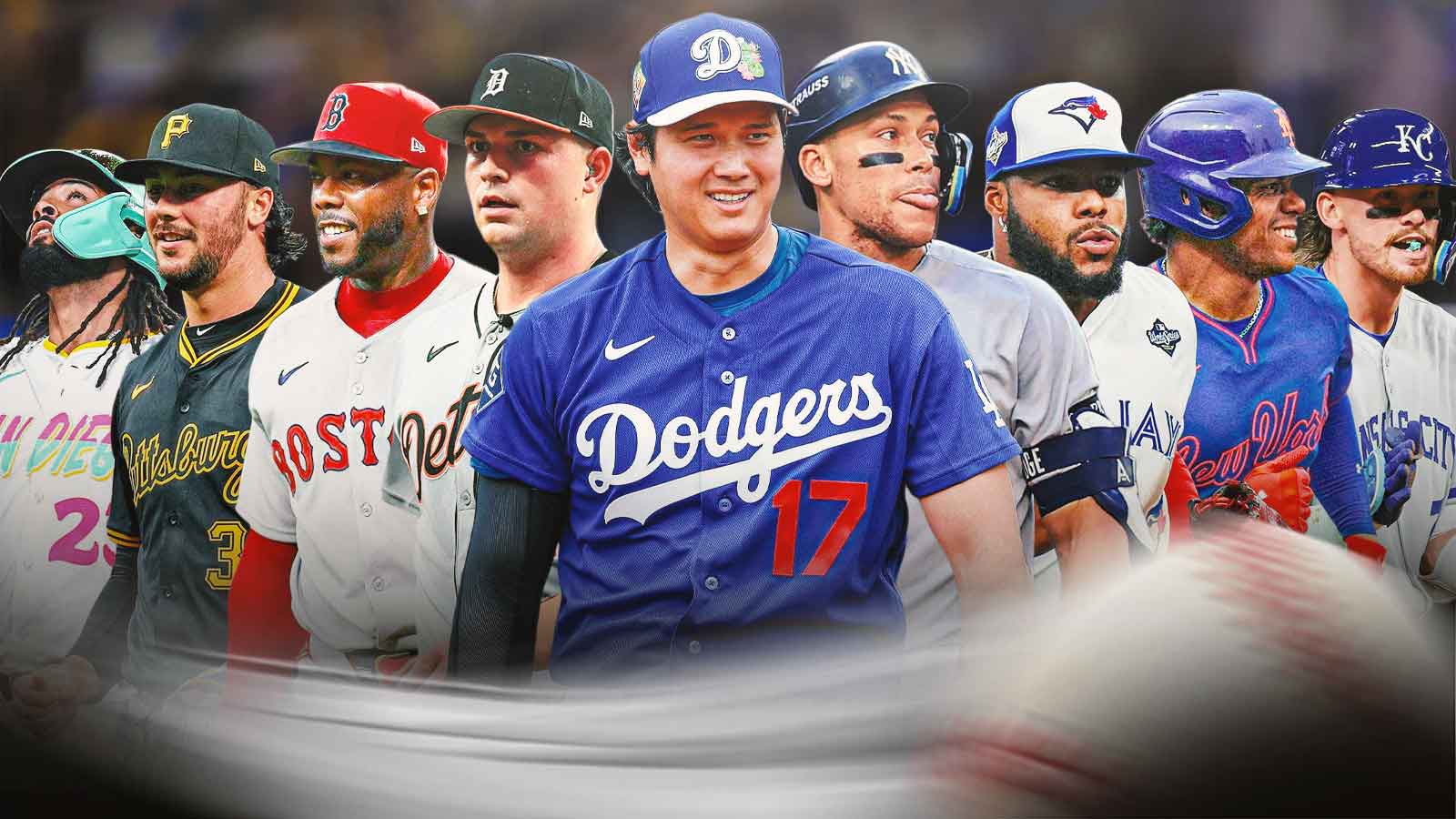Major League Baseball is a sport steeped in tradition, strategy, and nuance. Over its storied history, the balance between preserving its roots and evolving with modern demands has been a constant struggle. However, some ideas are so ill-conceived that they threaten to undermine the essence of the game entirely. Enter Rob Manfred’s latest misstep: the “Golden At-Bat” rule.
The proposed rule, which allows a team to send any player of their choosing to the plate at any point in the game regardless of the batting order, is an affront to the fundamental principles of baseball. Although Manfred has tried to downplay the possibility of it becoming a reality, the fact that it was even discussed in the owners’ meetings is troubling. This rule, if implemented, would not just change the game—it would destroy it.
Baseball's beauty lies in its structure
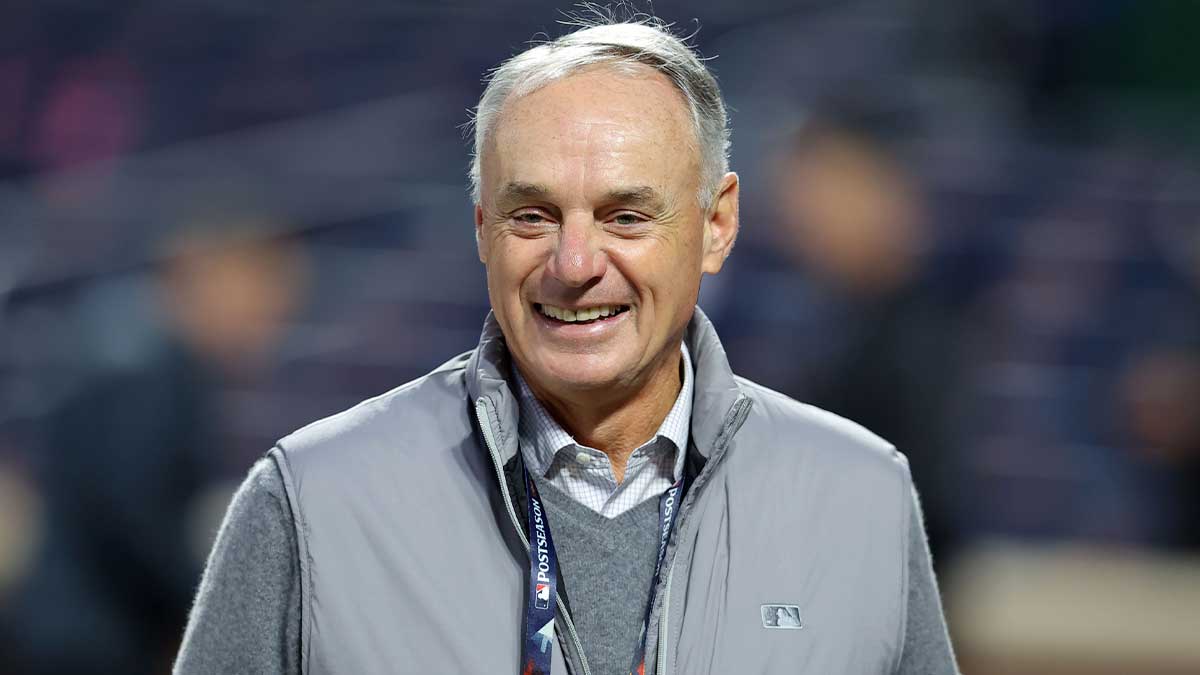
Baseball’s batting order is sacrosanct. It ensures fairness, rhythm, and a chess-like strategic element that sets the sport apart. Managers craft their lineups meticulously, balancing power, speed, and situational hitting to maximize their team's chances over nine innings. Each player's turn at the plate is earned through their position in the lineup, creating a natural ebb and flow to the game.
The “Golden At-Bat” rule shatters this balance. Imagine the Dodgers swapping out their No. 9 hitter for Shohei Ohtani with two outs in the ninth inning. It might sound exciting on the surface, but it cheapens the strategy that makes those late-game moments meaningful. Baseball’s drama comes from the unpredictability of who steps to the plate in critical situations—not from arbitrary rule changes designed to manufacture excitement.
Manfred has touted his success with previous rule changes, such as the pitch clock and limiting defensive shifts, which have generally been well-received. Those tweaks addressed legitimate issues, like the pace of play and lack of offensive action. The “Golden At-Bat” rule, on the other hand, addresses no real problem. MLB is already riding high on an increase in attendance and TV viewership in 2024, fueled by dynamic young stars and faster-paced games.
Forcing artificial drama onto a game that thrives on organic moments is unnecessary. Do we really need gimmicks when baseball already offers moments like a rookie hitting a walk-off home run or a No. 8 batter surprising everyone with a clutch hit? The beauty of baseball lies in its unpredictability, and this rule undermines that by allowing teams to micromanage high-leverage situations.
Players hate it, and fans should too as it gives an unfair advantage
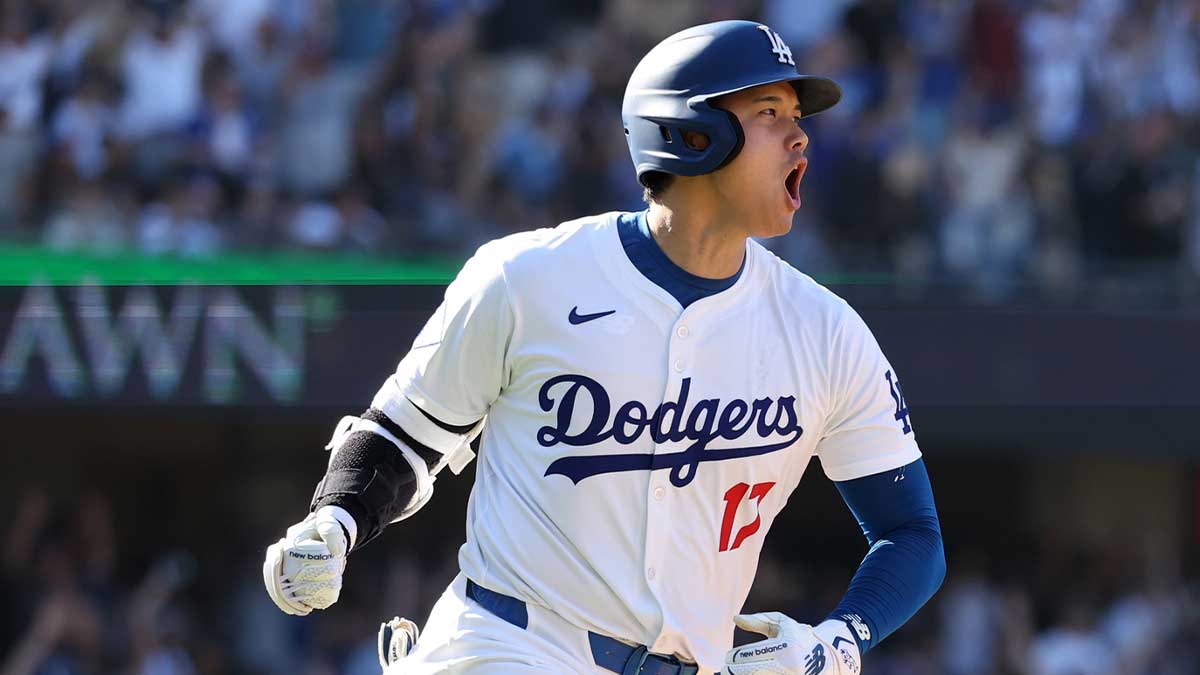
The “Golden At-Bat” rule also disproportionately benefits teams with deep pockets and superstar players. A team like the Dodgers, loaded with talent, could send Mookie Betts, Freddie Freeman, or Ohtani to the plate in key moments far more effectively than a smaller-market team relying on homegrown talent. This creates an even wider gap between baseball’s haves and have-nots, further eroding competitive balance.
The rule would essentially reduce less star-studded teams to bystanders in their own games, as opponents get unlimited opportunities to maximize their biggest hitters. How is that fair? It’s one thing for rich teams to build super-competitive rosters; it’s another to hand them an in-game cheat code to deploy their best players at will.
Manfred’s job as commissioner is to protect the integrity of the game while ensuring its continued growth. Yet this rule has been met with near-universal condemnation from players and fans alike. Dodgers superstar Freddie Freeman summed up the sentiment perfectly: “I’m old school. I like baseball. I’m a baseball purist. So I’m gonna go no.”
Freeman isn’t alone. Red Sox pitcher Liam Hendriks called it a “horrible idea,” echoing the frustration of players who have worked their entire lives to master the nuances of the sport. Fans on social media have also been overwhelmingly critical, highlighting how this rule would strip baseball of its authenticity.
The backlash underscores a crucial point: MLB doesn’t need to emulate other sports or adopt arcade-style gimmicks to remain relevant. Baseball’s timeless appeal lies in its unique rhythms and traditions. By pandering to casual viewers with flashy changes, Manfred risks alienating the game’s core fanbase.
Keep baseball America's pastime
Even though Manfred has walked back the likelihood of the “Golden At-Bat” rule being implemented anytime soon, the fact that it was seriously discussed is troubling. It sets a dangerous precedent for future rule changes that prioritize spectacle over substance. What’s next? A “double points inning” like in some basketball leagues? The integrity of the game must be preserved, not diluted for short-term gain.
Manfred has argued that owners should have conversations about the game’s future, which is fine in principle. But those conversations should focus on enhancing what already makes baseball great—not tearing it apart in search of cheap thrills.
Baseball is a sport where every pitch, every decision, and every moment matters. It doesn’t need flashy gimmicks to be exciting. The “Golden At-Bat” rule is an idiotic idea that would ruin the fabric of the game, turning it into a parody of itself. Rob Manfred has already made controversial changes during his tenure, but this one crosses the line from innovation to desecration.
Thankfully, the rule seems far from becoming reality. But fans, players, and purists must remain vigilant. Baseball doesn’t need artificial drama; it needs to trust in the natural beauty of the game. Let’s hope Manfred and the league’s decision-makers come to their senses before this ludicrous idea goes any further.









